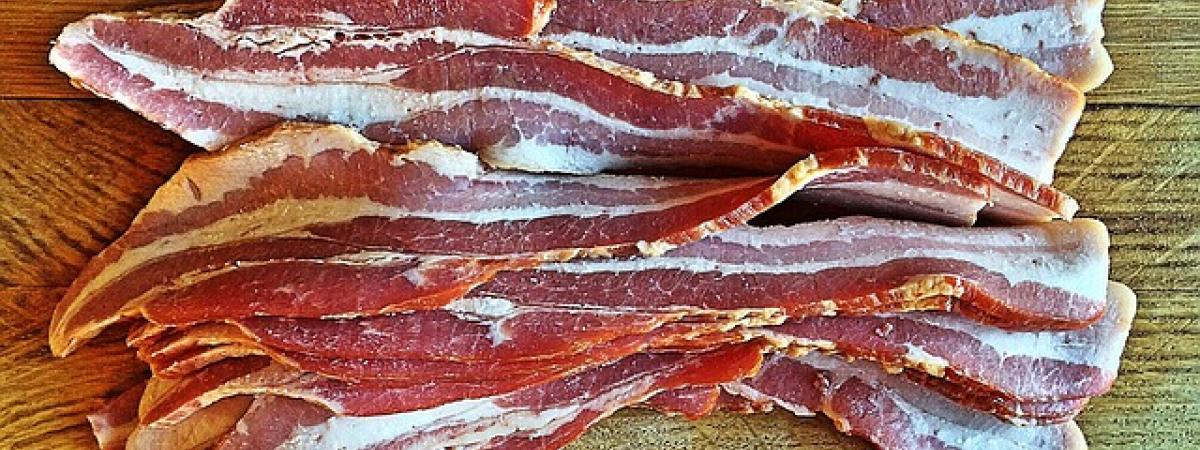Red meat and processed meat: can they really cause cancer?

After some fairly meaty research stemming more than 20 years, The World Health Organization announced that a daily intake of processed meat can increase the risk of colorectal cancer.
The claim that each 50g portion of processed meat—that's about 2 slices of bacon—eaten daily can increase the risk of colorectal cancer by 18%, came as the result of more than 800 studies, covering more than 20 years, across many countries.
The evidence for a link between eating red meat (beef, veal, pork, lamb, mutton, horse and goat) and colon cancer was less robust, though the authors warn that it “probably causes cancer”.
Harm from haem?
Haem iron, found in haemoglobin, is also found in high levels in red meat, and is thought to perhaps be involved in cancer. Other factors that occur naturally in meat, such as amines and hydrocarbons, are being studied.
It is also possible that products used to preserve processed meat, or that form on the meat during very high temperatures (while pan-frying or barbecuing for example), are harmful. A recent media report even suggested that meat triggers a toxic immune response.
Should we make rash decisions about our rashers?
Dr Kurt Straif, who led the research into meat admits that “For an individual, the risk of developing colorectal cancer because of their consumption of processed meat remains small”. Other factors such as smoking, alcohol consumption and even air pollution remain much greater risks to human health, according to the World Health Organization.
Back in 2010, Dr Dale Alexander and his team in Illinois, USA, were partially funded by the National Cattlemen’s Beef Association and by the Danish Agriculture & Food Council to investigate whether red meat was harmful to health. (Understandably, these groups had real concerns about their livelihoods. However, they did not contribute to the writing, analysis or interpretation of research findings, in order to allow an unbiased study.)
Many trials were analysed, and every possible finding revealed: red meat increasing, decreasing and having no effect on colon cancer.
Meat and two veg anyone?
Dr Alexander and his team acknowledge that high consumption of red meat has traditionally been part of a Western lifestyle, in which there may also be higher intake of refined sugars and alcohol, low intake of fruit, vegetables and fibre, high smoking index and low physical activity.
Compare this to the diet rich in sweet potato, fish, and tofu that is thought to underlie the longevity of the Japanese Okinawan people.
So, what’s the conclusion?
The World Health Organization acknowledges the nutritional value of meat (particularly rich in vitamin B, zinc and iron). The NHS suggest a limit of 70g per day, but stress the importance of other means to reduce colon cancer risk, such as attending screening programmes if you are aged 60-74.
Meanwhile, take heart from Pearl Cantrell, the 105-year-old who attributes her longevity to a daily intake of bacon – we don’t necessarily have to banish the bacon just yet, but show moderation in our meat eating.
